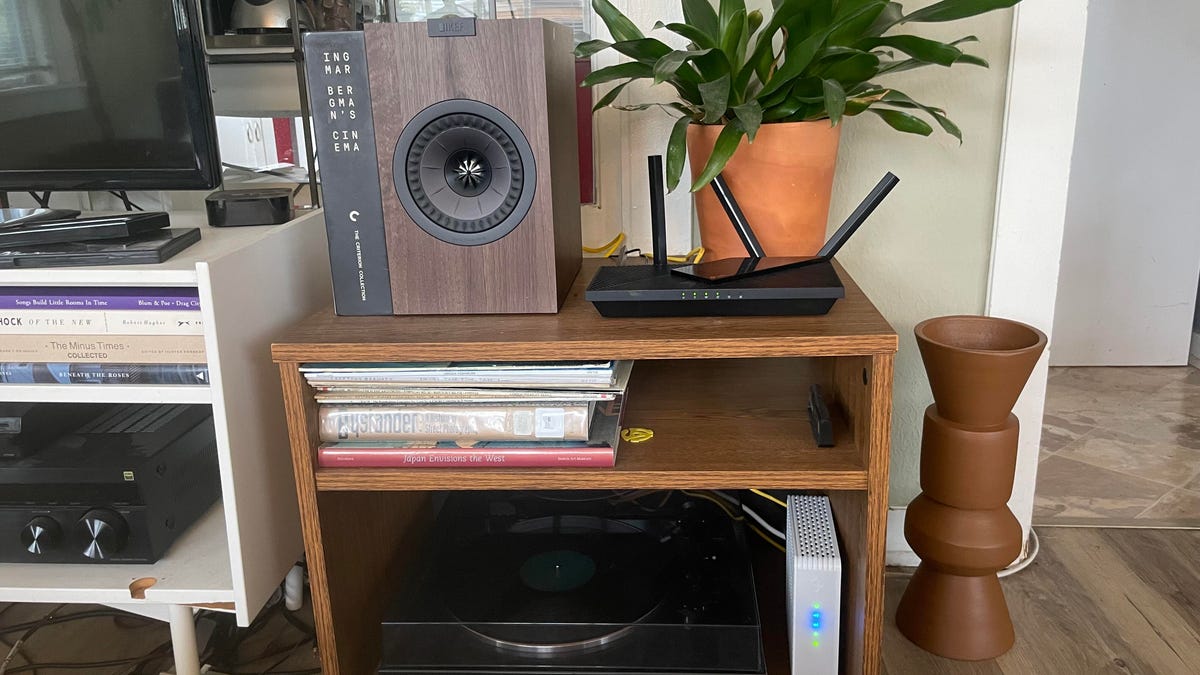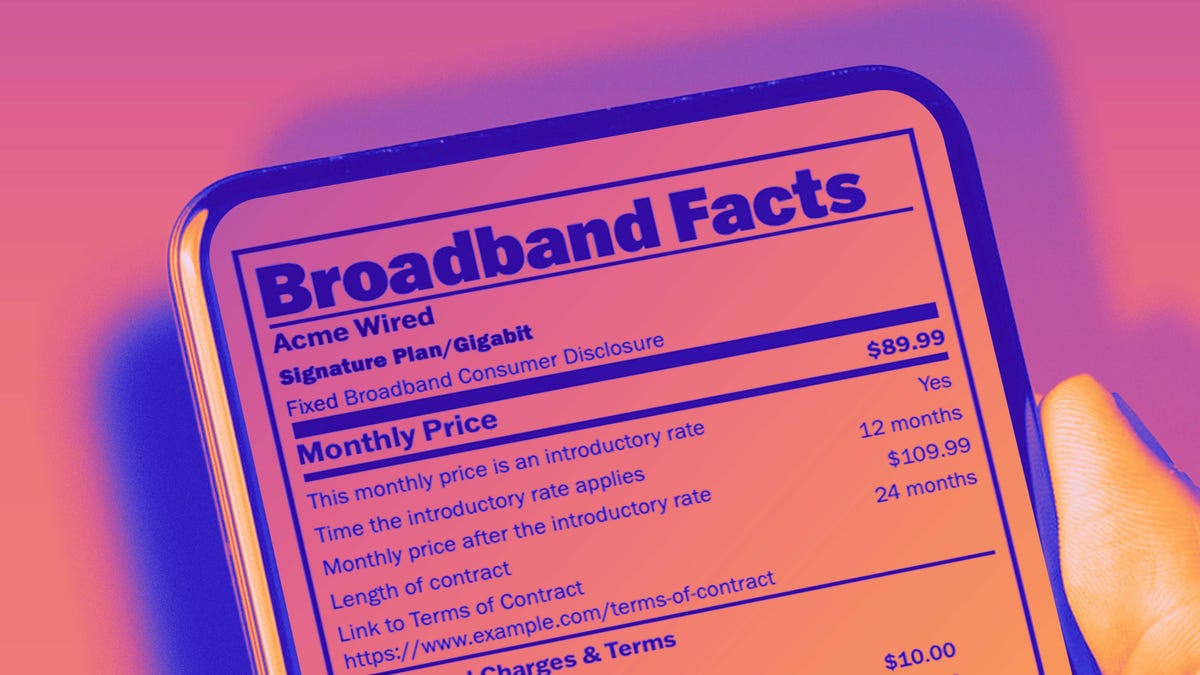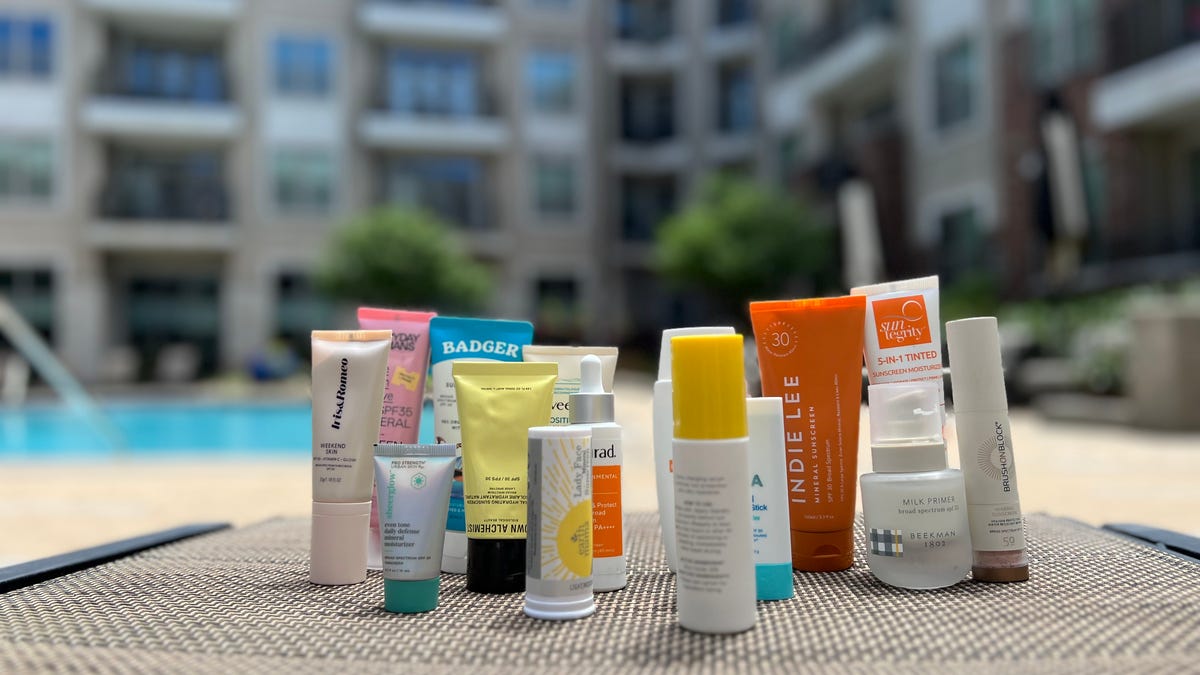With prices going up everywhere, including Microsoft raising prices on its Xbox console and accessories, it's more important than ever to spend your money in the right place. When it comes to getting a new Xbox controller, that means finding the best one for your play style and the types of games you play the most. There are dozens of great options with different features, designs and, most importantly, prices. I explored and tested as many of the best controllers as we could get our hands on when making this list to help you find the best one for you. And if you prefer to game on the go with Xbox Game Pass, we also found the best Xbox controller for cloud gaming.
- Best Xbox Controller for 2025: Series X and Series S
- What's the best Xbox controller?
- Best Xbox controllers for Series X and Series S
- Best Xbox wireless controller for basics
- Best overall pro controller
- Best Xbox wired controller for basics
- Best Xbox wired pro controller
- Best Xbox wireless controller for pro-level gaming
- Best Xbox controller for customized performance
- Best budget-friendly Xbox pro controller
- Best Xbox pro controller with RGB lighting
- Best Xbox controller for different game types
What's the best Xbox controller?
Microsoft's standard controller for the Xbox Series X and S is the best overall controller for most people. Even though the price went up a bit, it still offers everything you need and is comfortable to hold if you're playing for a few hours. It's wireless and runs on AA batteries, so it's easy to swap them out without too much trouble, but you can also get rechargeable battery packs for it. Best of all, it comes bundled with every new Xbox. Basically, it's a safe bet for performance and design.
If you're looking for something more advanced, cheaper or just different from the standard controller, I've tested a whole range of third-party controllers, many of which also double as PC controllers. I looked at both wired and wireless options as they have their own advantages. Wired controllers offer less lag and are often significantly more affordable, while wireless options give you more flexibility and range of motion. In the end, the standard Xbox controller is still the best option, but all the ones on this list are exceptional, and each has its own unique features.
Read more: Xbox Game Pass Ultimate Review: The Best Content Deal in Gaming Right Now
Best Xbox controllers for Series X and Series S
Pros
- Affordable
- Solid build
- Great ergonmics
- Remappable buttons
Cons
- No extra buttons
- Basic features
The one in the box is pretty darn good.
What I like
If you just want a good standard wireless controller for the Xbox, start with the one that comes in the box. Available in multiple colors, Microsoft's Xbox controller might not have a lot of features, but it is comfortable and can last for up to 40 hours on a couple of AA batteries. And if you'd rather have rechargeables, there are several options available. There's a 3.5mm jack on the front edge next to the expansion port for connecting accessories like a chat keyboard that fits between the grips or audio controls for your headset. You can also remap its buttons, flip the sticks and use other customizations with the Xbox Accessories app.
Who it's best for
The standard Xbox controller is already pretty great on its own for those who are just looking to have a good time without needing any extra features for competitive gameplay. It's also great for those who prefer to stick with AA batteries.
Pros
- Great, familiar ergonomics
- Solid button feel
- Plenty of hardware and software customization
- Affordable for a pro controller
Cons
- Might be heavy for some
Microsoft's Pro Controller gets so much right that it easily owns the spot as the best overall pro controller you can get for Xbox.
What I like
Even after more than five years, the hardware on the Elite 2 is some of the best in the industry. The ergonomics are great. Every button is clicky and responsive, including the back paddles, which can even be removed if you really don't want them. Microsoft also includes different thumbsticks and D-pad options that can be quickly swapped out when switching games, and the adjustable joystick tension is a true game-changer. Plus, the software customization is genuinely good and doesn't feel like an afterthought.
Who it's best for
The Elite 2 is truly best for those who want to experience what it's like to play with a pro controller, but don't need the absolute top-of-the-line pro features. It'll raise your game while not breaking the bank in the process.
Pros
- Affordable
- Solid build
- Useful additional features
There's nothing wrong with sticking to the basics.
What we like
There are two extra buttons on the bottom of the controller that can be mapped on the fly, as well as a 3.5mm jack on the front for a headset. Just above the jack on top is a toggle for volume and a chat mute as well as a diamond texture to the bottom for better grip. Also, like many of PowerA's controllers, it's available in multiple colors, though prices jump around a bit between different variants.
Who it's best for
The PowerA wired controller is a good, inexpensive option when you need an extra Xbox controller for guests or one to use while your wireless controller charges.
Pros
- Excellent hardware
- Up to 1,000Hz polling rate
- Granular customization
Cons
- Pricey for a wired controller
If the fact that Razer specifically designed this controller for eSports tournaments doesn't convince you it's the best wired controller, maybe the fact that it's the wired version of arguably the best wireless pro controller on the market, the Razer Wolverine V3 Pro, might seal the deal.
What we like
It retains the same Mecha-Tactile switches for the face buttons and D-pad from the V2 Chroma of last year (and the V3 Pro), along with the six additional programmable buttons: four back paddles and two top bumpers. My small hands aren't well suited to the top bumpers, but those claw-grippers among us will be quite happy.
Razer listened to player feedback and moved the paddles from the very awkward middle of the controller to the more traditional spot farther down on the handles. They are still the same excellently sturdy triggers, just in a much better position. The triggers both have trigger stops for instant response time in high-speed games, and the Hall Effect joysticks are sturdy and precise. Plus, Razer gives you some extra caps, including a taller thumbstick and a domed option. Razer's Synapse app is still one of the best ones around for remapping and calibration, and, naturally, there's still Chroma RGB. It's $100, which is a bit pricey considering the lack of wireless capability, but there really isn't a better wired option.
Who it's best for
If you happen to be a pro gamer or streamer who doesn't get free gear from your sponsor, or you happen to compete in a lot of pro-level tournaments, the Wolverine V3 is the best wired controller you can get. Also, if you want a pro-level controller for the house, but don't mind being plugged in, it's by far the cheapest pro controller you can get.
Pros
- Best-in-class hardware
- Excellent customization options
- Solid app for Xbox and PC
- Comfortable
Cons
- No Bluetooth
- Expensive
The Wolverine V3 Pro sets the bar for Xbox controllers. While nothing is perfect, we said it was "just about perfect" in our review.
What I like
It's packing nearly every feature you could want, including Hall Effect thumbsticks, adjustable trigger stops and remappable buttons. Aside from the four extra back paddles that have become standard across high-end controllers, there are two extra bumpers up top for added customization or for those claw-gripped gamers. Razer also included its Mecha-Tactile face buttons, eight-way floating D-pad and Razer Chroma lighting for the logo. It also comes with a carrying case and two swappable thumbstick options: a taller concave one and a shorter domed cap.
As the name suggests, it comes with a 2.4GHz wireless dongle, and PC gamers can take advantage of Tournament mode on PC by plugging in the 10-foot cable and getting a 1,000Hz polling rate. Razer's customization app for the V3 Pro is also quite good, which is sadly uncommon these days. Really, the only downside of the V3 Pro is the price: $200 is a lot.
Who it's best for
If you're ready to spend whatever it takes to get one of the best pro-level controllers money can buy, the Wolverine V3 Pro should be high on your list. If you're also wanting something with a slightly different design than just a rehashed Microsoft controller, the V3 Pro changes things up for the better, at least for me.
Pros
- Extremely customizable for fine-tuned performance
- LCD screen for software customization
- 1ms wired latency
Cons
- Expensive
- Only comes in Black
- Back paddles take a bit to get used to
The Nacon Revolution X Unlimited controller is the most customizable controller I've ever used -- and I mean both its hardware and software. While it's expensive, you do get a lot for the money.
Why I like it
Aside from the D-pad and joystick caps that are swappable on most pro controllers, Nacon also gives you extra rings to adjust the thickness of the joysticks, and three sets of weights that slot into the grips to give you the perfect weight in the hand.
The software customizations are also some of the most granular I've ever seen, where you can adjust the curvature of the joystick and trigger reaction times. The Revolution X comes with four built-in profiles, but you can create as many as you want (only four active at a time), and Nacon makes it easy to export and import them across your Nacon controllers.
It feels great to hold, too. I appreciate the larger, flatter design of the face buttons, and the included charging station is always a nice touch. The only real downside is that it costs $200.
Who it's best for
For anyone who really likes to fine-tune their gear to create a tailored experience, the Revolution X Unlimited is well worth the expense.
Pros
- Solid hardware
- Great ergonomics
- Plenty of pro features
- Good accessories included
Cons
- Basic software app
- Limited color options
- No wireless Xbox support
I've tested several GameSir controllers, and the G7 Pro is easily one of the best controllers the company has ever made. The hardware is fantastic (though the D-Pad is a tad mushy), and ergonomically, it feels almost exactly like an Xbox controller, which is a good thing.
Why I like it
The G7 Pro offers quite a few pro features, such as TMR joysticks, Hall Effect triggers, micro-switch face buttons, remappable buttons and everything else you'd expect from a pro controller. The two-tone white and gray color scheme looks great, and GameSir even color-matched all the included accessories, including the cable, which is nice to see. In addition to the cable, GameSir gives you a wireless dongle for PC gaming, two different D-pad layouts and a charging dock.
The only downside is the lack of Xbox wireless support, but the cable is plenty long enough not to be a problem for most people. The best part is the price: At $80, it's by far the best controller you can get for the money.
Who it's best for
The value-packed G7 Pro is a strong choice for PC and Xbox gamers who want a pro-style controller at a lower price and don't mind using it wired for the best performance and compatibility.
Pros
- Awesome RGB lighting
- Solid buttons
- Comfortable ergonomics
Cons
- Back buttons are mushy
- App can be confusing
I'm a sucker for some good RGB lights, and the Fusion Pro might just be my favorite of all time. When activated, the entire face of the controller lights up in a really awesome pattern, which might sound like it'd be distracting, but it's not at all. Cool lights aside, it's also a solid controller.
Why I like it
For starters, the Fusion A includes just about everything you'd expect from a high-end controller these days. The face buttons are nice and tactile, the joysticks have Hall Effect and the triggers have programmable digital dead zones that you can store across three different presets, so you can set them exactly where you need them for each game. You can also remap the buttons manually without needing to use Power A's app, which is a good thing because the app is a tad confusing. Power A promises 30 hours of gameplay, which isn't the most we've seen, but the included charging stand with magnetic charging puck helps keep it going. Also, the back buttons are a bit mushy, and sadly, Power A doesn't include any swappable hardware with the Fusion Pro. To make up for that, the thumbsticks can twist up or down into three different heights so you can still customize them. Honestly, I kind of prefer that over having to manually swap them out, and I can't lose the caps that way.
Who it's best for
If you love some great RGB lights like I do, the Fusion A is probably the coolest light design you'll find on a controller. It's just awesome. But you don't have to buy it just for its lights: For anyone looking for a pro-level wireless controller that's also affordable, the Fusion A is a great choice.
Pros
- Swappable control modules
- Exceptional ergonomics
Cons
- Pricey
- No wireless charging
- Hall Effect sticks aren't standard
PDP is a pro-level controller in every sense. With modular features and an overall good design, the Victrix Pro has a lot to offer (though it also has a price tag that matches).
Why I like it
The buttons and ergonomics are exceptional, delivering a class-leading feel in the hand. The five-position trigger stops let you fine-tune your headshots down to an art form, and the rest of the controller can also be remapped via software, offering some of the most advanced customization available on a controller.
To top it off, you can swap out the entire left and right side modules for a dedicated fight pad or Hall Effect joysticks (sold separately), or even invert the left one if you want to go PlayStation. PDP offers some more advanced hardware options as well, like joystick gates and an extra D-pad option, so there isn't anything missing.
Battery life is respectable, and the included 10-foot cable lets you keep going as long as you need to. I do wish it had wireless charging, however, and it's a bit pricey.
Who it's best for
The swappable modules set it apart from the other pro-style controllers on this list. This additional level of customization makes it a good choice for those who play a wide variety of games and want one controller to match their playing style.
Yes. While most of them generally have a similar look and feel, they can vary in the features they offer. The most basic controllers (such as the ones that come with each Xbox) are generally fine for most people. They're comfortable to hold and have all the features needed to play every game available on Xbox and Windows games that support controllers.
More advanced, pro-level controllers such as the Xbox Elite Wireless Series 2 and Razer Wolverine V3 Pro are specifically designed for more advanced and even professional gamers. They're also typically more expensive, often double the price or more of a basic controller.
Not necessarily. Wired controllers are only better in two cases: When you want to save money, as they're often significantly more affordable than their wireless counterparts, or if you're a competitive gamer concerned about lag. Most professional players, particularly in professional tournaments, will use wired controllers as the input lag between pressing a button on the controller and the input registering on screen is less than on a wireless controller. However, the difference is so small that only the most competitive gamers will notice. For most people, particularly more casual gamers, wireless controllers are much more popular.
Technically, yes. Due to the laws of physics, signals will always travel more slowly via wireless than via cable and are susceptible to interference. It's the same reason why an Ethernet cable will always give you faster, more reliable internet than just using Wi-Fi. However, only the most seasoned gamers would ever notice the difference. Even then, it only makes a difference in competitive FPS games.
There's also a difference in input lag between Bluetooth and 2.4GHz wireless connections. Again, the difference is negligible for most gamers, but Bluetooth signals travel more slowly than 2.4GHz signals, which have virtually no input lag. That's why most of the pro controllers will come with a 2.4GHz wireless adapter that you can plug into your Xbox if you want the convenience of wireless without sacrificing input speed.
This mostly comes down to personal preference. There will always be PC games that require a keyboard and mouse to play, but most games today, particularly the more popular games, offer support for controllers. At that point, it's mostly down to what's more comfortable for you. If you're used to playing on Xbox, then almost every controller on this list will let you play on your PC just fine. That being said, most of the best gaming keyboards offer quite granular customization options for more advanced gameplay.

 1 month ago
20
1 month ago
20












































